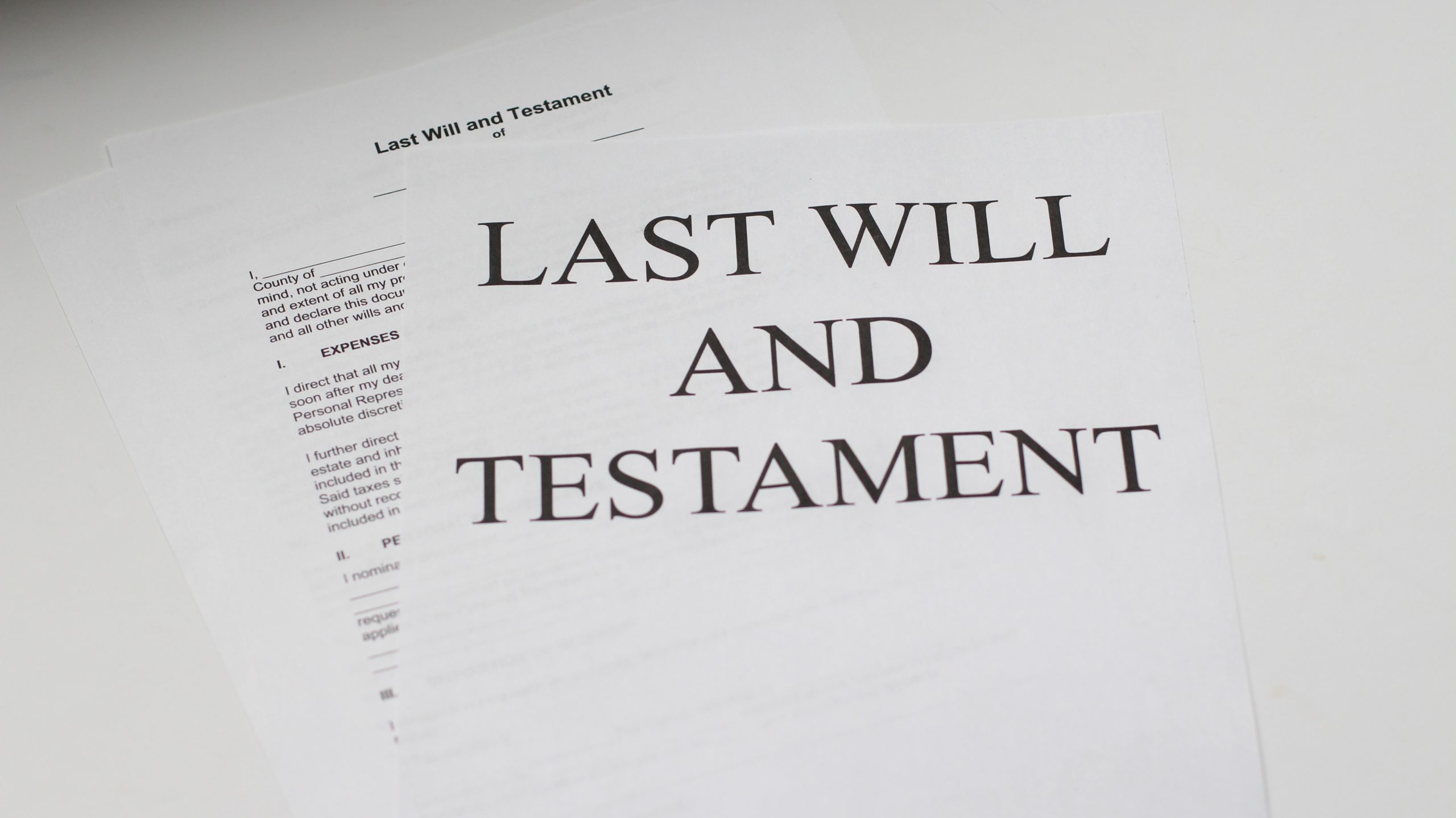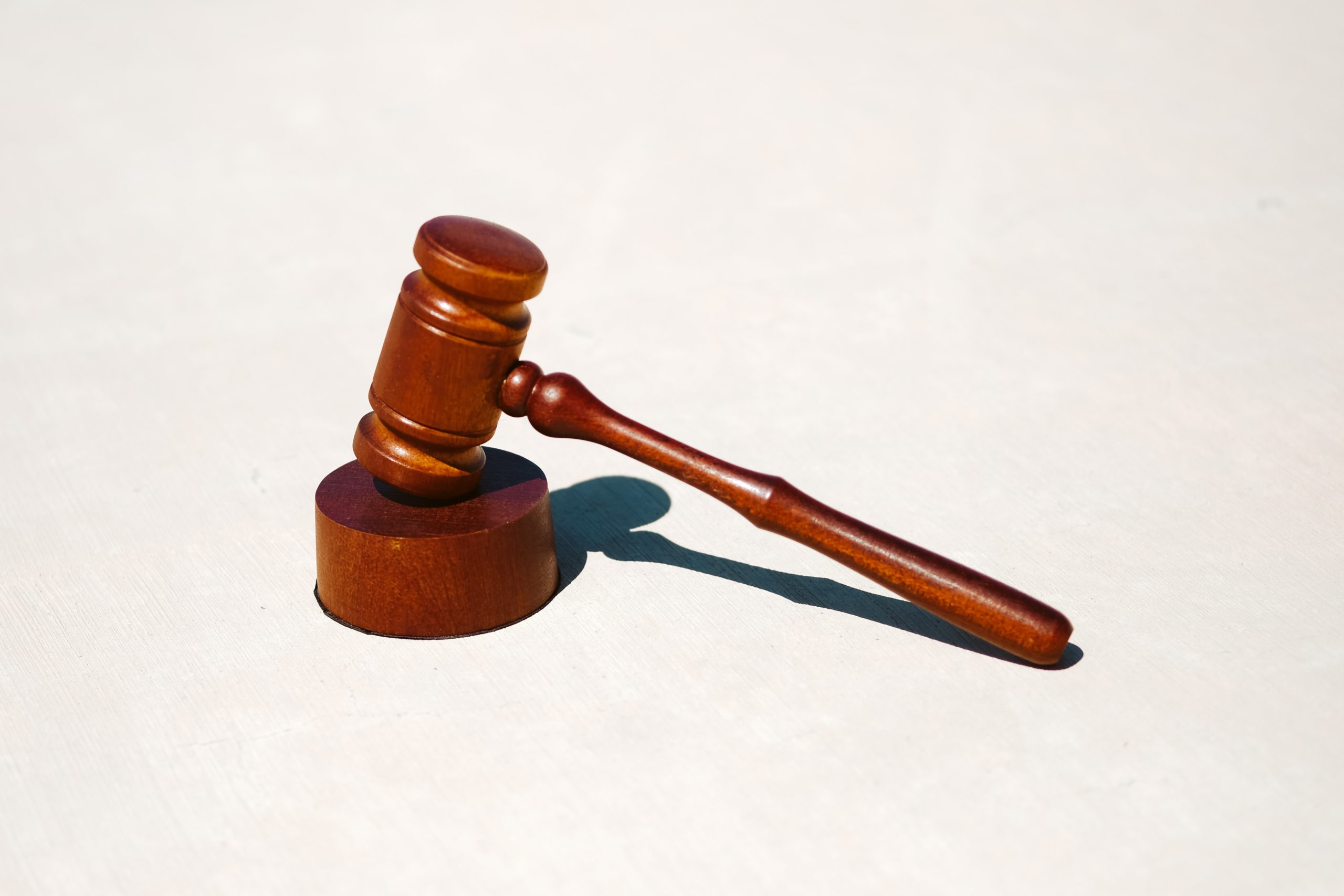“Your claim for Long-Term Disability benefits has been denied…”
Why?
“… because [we, the insurer] have determined that you do not meet the definition of Total Disability as stated in your policy [of insurance].”
Let’s briefly unpack this…
“Total Disability” is a defined term in a policy of insurance. Your policy of insurance is a contract. What this means is that different policies can differ in how the term Total Disability is defined and, for that reason alone, it is imperative that the policy in question be specifically reviewed to determine the exact definition. Understanding the exact definition will allow the injured insured to determine what test they must meet before entitlement to Long-Term Disability (LTD) benefits can be established.
Some policies, but not necessarily all, define Total Disability as follows:
‘[…] a restriction or a lack of ability due to an illness or an injury which prevents [the injured party] from performing the essential duties of:
- a) [his or her] own occupation during the first 2 years following the onset of the illness or injury in question; and
- b) any occupation for which [he or she] is qualified, or may reasonably become qualified, by training, education or experience, after 2 years.’
According to this example, this means that entitlement after 2 years is different – and requires a different Total Disability test to be satisfied – than entitlement within the first 2 years (of illness or injury onset).
Under the first definition or test for entitlement, an injured or ill person seeking Long-Term Disability (or LTD) benefits will have to establish, on a balance of probabilities, that they are unable to perform the essential duties of their own occupation. This is sometimes referred to as the “own” occupation test or the pre-104 test.
… TO BE CONTINUED IN PART 2.
If you have been denied LTD benefits and need help understanding your legal options and what steps you may need to take to challenge such a denial, we can help. As always, do not construe the above brief overview as actual legal advice. It is not. For legal advice, please contact us directly to speak with one of our litigation lawyers.
Call for more info!








